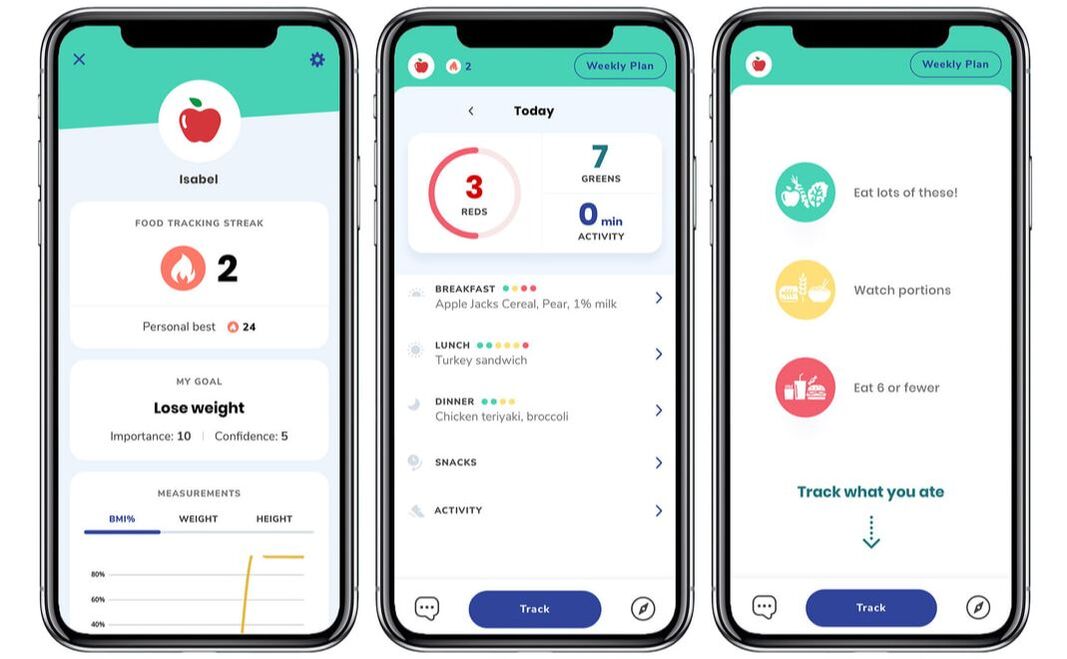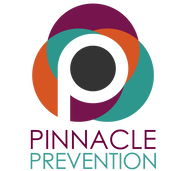|
"Despite their rebranding and use of words like “wellness” WW, and other weight-loss companies, peddle diets and restriction."  By now, you may have seen posts about the WW’s (the new brand of Weight Watchers) new Kurbo app for kids. After years in the field of nutrition, we at Pinnacle Prevention have seen firsthand the devastating impact that dieting and diet culture can have on an individual, a family, a community, and society. Shame, lasting weight-bias, stigma, disordered eating and harmful weight cycling are just a few. To purposefully target children using diet culture is unconscionable. Check out this response from NEDA, the National Eating Disorders Association for more information on some of those negative impacts. Make no mistake, despite their rebranding and use of words like “wellness” WW, and other weight-loss companies peddle diets and restriction. WW defends this practice by claiming the approach is “an evidence-based weight management program based on research.” At Pinnacle Prevention, we value research and national and international best practices; however, not all research translates into sustainable change. Although you may lose weight in the very short term there is a lot that is missing from the “evidence.” Let’s take a closer look:
So, what should practitioners or parents do? What is our role in public health? At Pinnacle Prevention, and as part of our Nourish program we ask that we should first DO NO HARM. That means, rather than assess body weight, we focus on a person’s relationship to food and how policy and environment impact the ability for one to make that relationship a healthy one. To learn more about this stay tuned for more info on Nourish and visit:
For more information on Pinnacle Prevention and our approach to supporting healthy relationships with food visit pinnacleprevention.org.
1 Comment
|
Pinnacle Prevention BlogFollow our blog for tips, insights and conversations about healthy living. Archives
June 2024
Categories
All
|
Location |
|

